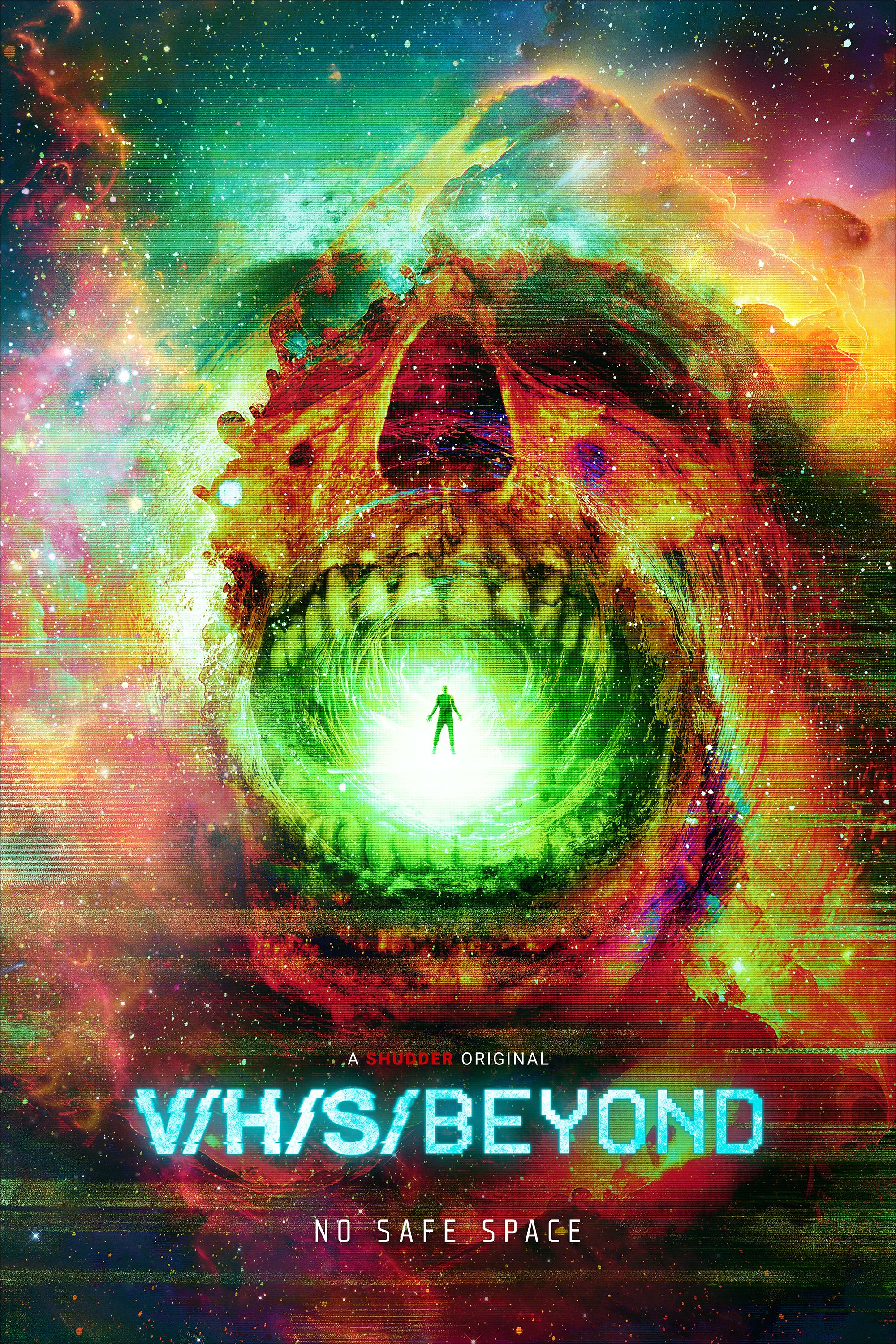Ever wondered what it takes to make a movie that’s not just good but unforgettable? In 2024, the game has changed. The rules of cinematic success are evolving faster than you can say "blockbuster." Whether you're a filmmaker chasing the next big thing or a movie buff wanting to know what makes films tick, this guide is your golden ticket. Unlock cinematic success with the 5 movie rules for 2024 and beyond.
Let’s face it, the world of movies has never been more competitive. Streaming platforms are flooding the market with content, and audiences are getting pickier. But don’t worry, because we’ve cracked the code. This article dives deep into the strategies that separate the winners from the losers in the film industry. We’re talking about trends, storytelling, and audience expectations—stuff that’ll make you rethink how movies are made.
So, buckle up. This ain’t just another blog post. It’s your roadmap to understanding what makes films successful in a world where attention spans are shorter than a TikTok video. By the time you finish reading, you’ll be ready to either produce your next masterpiece or critique the next Hollywood release like a pro.
- Raelee Rudolph Nudes A Comprehensive Look At The Controversy And Beyond
- Sadie Mckenna Nudes The Truth Behind The Viral Sensation
Daftar Isi
- Rule 1: Embrace Diversity in Storytelling
- Rule 2: Leverage Technology for Immersive Experiences
- Rule 3: Focus on Authentic Emotional Connections
- Rule 4: Tap Into Global Trends and Audiences
- Rule 5: Stay Ahead with Data-Driven Decisions
- Biography of Key Influencers in Cinema
- Why Emotional Storytelling Works
- The Role of AI in Filmmaking
- How Streaming Platforms Changed the Game
- The Importance of Marketing in 2024
- Audience Expectations in the Digital Age
- The Future of Cinematic Experiences
Rule 1: Embrace Diversity in Storytelling
In 2024, diversity isn’t just a buzzword; it’s a necessity. Audiences crave stories that reflect the world they live in. Gone are the days when a single demographic ruled the box office. Filmmakers who embrace diverse narratives are the ones setting the pace. From gender representation to cultural inclusion, the stories that resonate are the ones that feel real.
According to a study by McKinsey, films with diverse casts and crews tend to perform better commercially. Why? Because people want to see themselves on screen. Whether it’s a coming-of-age story from a different cultural perspective or a superhero flick with a non-binary lead, diversity sells. And not just in terms of tickets—it builds trust and loyalty with audiences worldwide.
Why Emotional Storytelling Works
Emotions are the glue that holds a story together. In the age of information overload, movies that tug at heartstrings stand out. Emotional storytelling is about creating a connection that goes beyond the screen. It’s about making the audience care, laugh, cry, and feel something.
- 9xmovies Baby Your Ultimate Guide To Legal Streaming And Entertainment
- Emma Anturin Age A Deep Dive Into The Life Journey And Influence
- Emotional arcs drive character development.
- Authentic emotions resonate with diverse audiences.
- Stories with emotional depth have longer shelf lives.
Think about it. Movies like "Everything Everywhere All at Once" didn’t just break records; they broke barriers by blending humor, heart, and existential dread. That’s the power of storytelling that connects on an emotional level.
Rule 2: Leverage Technology for Immersive Experiences
Technology is the filmmaker’s best friend. From CGI to VR, the tools available today allow creators to push the boundaries of what’s possible. In 2024, audiences expect more than just a good story—they want an experience. And technology makes that happen.
Take "Avatar: The Way of Water," for example. James Cameron didn’t just create a sequel; he created a world. With advancements in motion capture, 3D modeling, and sound design, the film transported viewers to Pandora in ways that felt real. The same goes for interactive storytelling on platforms like Netflix, where viewers can choose their own adventures.
The Role of AI in Filmmaking
AI is no longer science fiction—it’s science fact. From scriptwriting to post-production, AI is revolutionizing the film industry. It helps filmmakers analyze scripts for pacing, predict audience reactions, and even generate visual effects. But here’s the thing: AI is a tool, not a replacement. The best films still come from human creativity backed by technological innovation.
For instance, AI-driven analytics can help studios decide which projects to greenlight based on data trends. But the heart of the story? That’s all you, filmmaker.
Rule 3: Focus on Authentic Emotional Connections
Authenticity is the key to unlocking cinematic success. In a world where fake news and superficial content dominate, audiences crave genuine experiences. Movies that feel real, that speak to universal truths, are the ones that leave lasting impressions.
One of the biggest trends in 2024 is the rise of "authentic cinema." This doesn’t mean documentaries (though they’re great too); it means films that prioritize truth over spectacle. Think "CODA," which won big at the Oscars for its honest portrayal of deaf culture. Or "Drive My Car," a film that explores grief and relationships with quiet intensity.
Authenticity isn’t just about the story; it’s about the people behind the camera. Hiring diverse crews and collaborating with communities ensures that the stories told are respectful and accurate.
Rule 4: Tap Into Global Trends and Audiences
The world is your stage. With globalization and the rise of streaming platforms, filmmakers have access to audiences they never had before. But tapping into global trends means more than just translating subtitles. It’s about understanding what different cultures value and creating content that resonates.
Take K-dramas, for instance. They’ve taken the world by storm because they blend universal themes with unique cultural nuances. Similarly, Bollywood films have found success abroad by combining spectacle with emotional depth. The lesson? Know your audience, and tailor your content accordingly.
How Streaming Platforms Changed the Game
Streaming platforms like Netflix, Amazon Prime, and Disney+ have completely transformed the film industry. They’ve given filmmakers more freedom to experiment while offering audiences a wider range of choices. But with great freedom comes great responsibility. Filmmakers need to understand the algorithms and trends driving these platforms to succeed.
For example, binge-worthy series often have cliffhangers at the end of each episode. Why? Because they keep viewers hooked. The same principle applies to movies. Create content that keeps people talking, and you’ll keep them watching.
Rule 5: Stay Ahead with Data-Driven Decisions
Data is king. In 2024, filmmakers who ignore data do so at their peril. From box office numbers to social media engagement, data provides insights into what works and what doesn’t. But here’s the catch: data isn’t just about numbers; it’s about understanding the why behind them.
For instance, if a film performs well in Asia but flops in Europe, data can help pinpoint the reasons. Is it the marketing strategy? The cultural relevance? Or something else entirely? Armed with this knowledge, filmmakers can make smarter decisions moving forward.
The Importance of Marketing in 2024
Marketing is no longer an afterthought; it’s a crucial part of the filmmaking process. In a crowded market, standing out requires creativity and strategy. Social media campaigns, influencer partnerships, and interactive experiences are just a few ways filmmakers are reaching audiences today.
Take "Barbie," for example. The film’s marketing campaign was a masterclass in branding. By embracing the pink aesthetic and collaborating with influencers, the movie became a cultural phenomenon before it even hit theaters.
Biography of Key Influencers in Cinema
Behind every great film is a great filmmaker. Here’s a quick look at some of the key influencers shaping the industry in 2024:
| Name | Role | Notable Works |
|---|---|---|
| Chloé Zhao | Director | "Nomadland," "Eternals" |
| James Cameron | Director | "Avatar," "Titanic" |
| Steven Spielberg | Director | "Jaws," "Schindler's List" |
| Ryan Coogler | Director | "Black Panther," "Creed" |
Audience Expectations in the Digital Age
In the digital age, audiences expect more from their movies. They want entertainment, yes, but they also want meaning. Films that challenge the status quo, that spark conversations, are the ones that resonate. And with social media amplifying voices, filmmakers can no longer ignore the power of public opinion.
For instance, "Parasite" didn’t just win awards; it sparked discussions about class inequality. Movies like these remind us that cinema is more than just a form of entertainment—it’s a form of expression.
The Future of Cinematic Experiences
Looking ahead, the future of cinema is bright. With advancements in technology, changing audience preferences, and a growing emphasis on diversity, the possibilities are endless. The key to unlocking cinematic success lies in understanding these trends and adapting to them.
So, whether you’re a filmmaker, a movie buff, or just someone who loves a good story, one thing is certain: the rules of the game are changing. And those who embrace the new rules are the ones who’ll win.
Kesimpulan
In conclusion, unlocking cinematic success in 2024 and beyond requires a blend of creativity, technology, and strategy. By embracing diversity, leveraging technology, focusing on authenticity, tapping into global trends, and staying data-driven, filmmakers can create movies that not only entertain but also inspire.
So, what are you waiting for? Dive into the world of cinema, explore the rules, and create something unforgettable. And don’t forget to share this article with your friends. Who knows? Maybe the next big thing will come from someone who read this very post. Cheers to the future of film!
- Hd Hub4u Your Ultimate Destination For Highquality Entertainment
- Why Movierulz 18 Is Trending The Ultimate Guide To Streaming Movies Online


